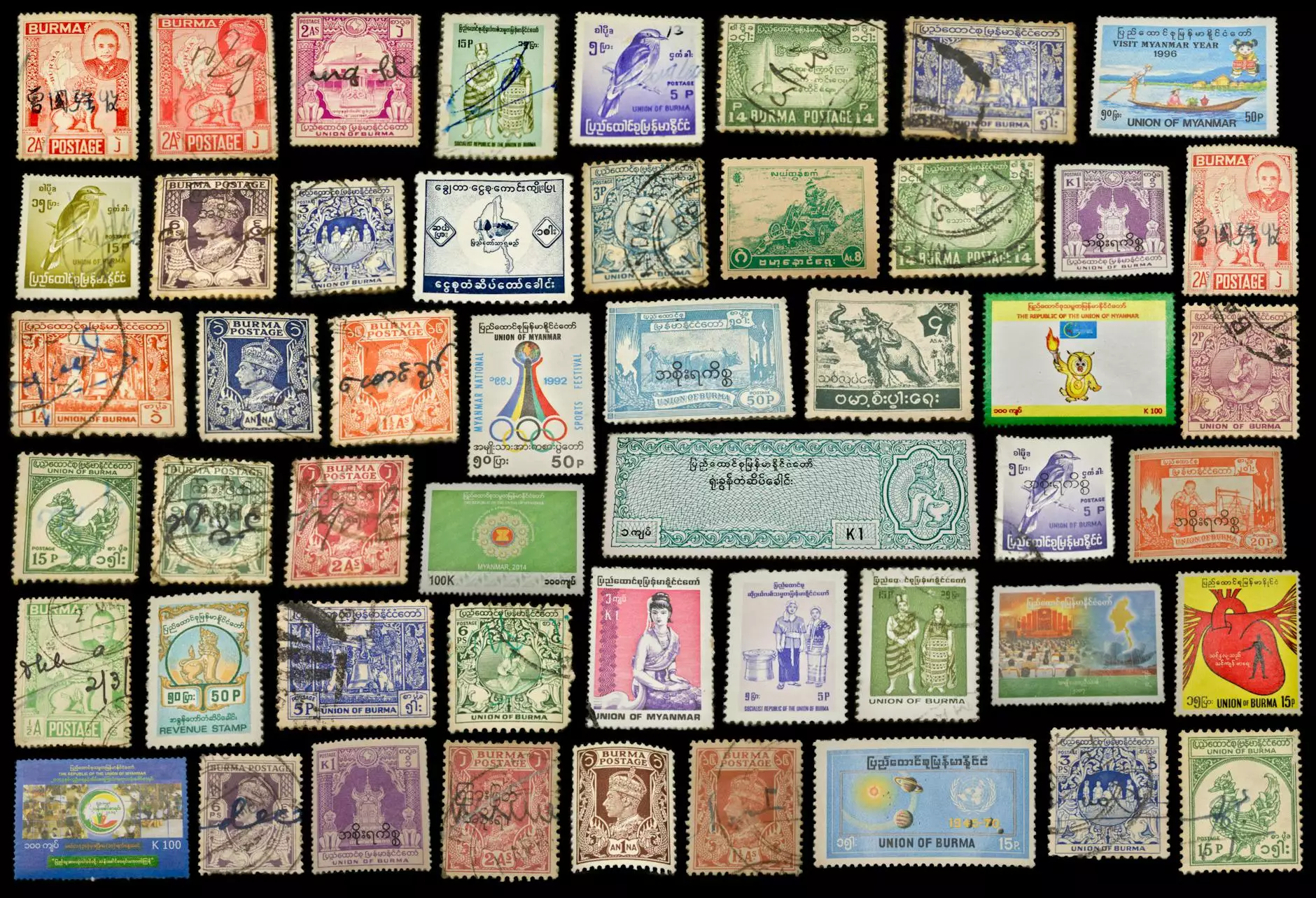Unveiling the Power of Forged Carbon Fiber Car Parts

In recent years, the automotive industry has seen a significant transformation, with innovation taking center stage. One of the latest materials making waves is forged carbon fiber, providing car manufacturers and enthusiasts alike with the opportunity to enhance the performance, aesthetics, and durability of their vehicles. This article explores everything you need to know about forged carbon fiber car parts, their benefits, applications, and why they are a game changer in the automotive market.
Understanding Forged Carbon Fiber
Forged carbon fiber is a composite material that combines the lightweight properties of carbon fiber with an advanced forging process. Unlike traditional carbon fiber which is woven into fabric, forged carbon allows the fibers to be oriented in diverse directions, providing increased strength and flexibility. This technology not only enhances the mechanical properties of the final product but also opens the door to unique design possibilities.
The Manufacturing Process
The production of forged carbon fiber car parts involves several key steps:
- Material Preparation: Carbon fiber strands are cut and placed in a mold, typically infused with resin for optimal bonding.
- Forging: Heat and pressure are applied to the mold, compressing the carbon fibers into a solid part. This process allows for intricate designs that would be impossible with traditional carbon fiber.
- Curing: The molded parts are cured, solidifying the structure and ensuring durability and strength.
- Finishing: Finally, the car parts are polished, painted, or coated to achieve the desired aesthetic appeal.
Advantages of Forged Carbon Fiber Car Parts
Why should automotive enthusiasts and professionals consider forged carbon fiber car parts? Here are some compelling advantages:
- Lightweight: One of the most significant benefits is the reduced weight of forged carbon fiber components. This weight reduction contributes to enhanced fuel efficiency and improved speed and agility.
- Strength and Durability: Forged carbon fiber is incredibly resistant to impact and wear, ensuring long-lasting components that can withstand the rigors of the road.
- Corrosion Resistance: Unlike metal parts, carbon fiber does not rust, making it an ideal choice for automotive applications where moisture and environmental factors are a concern.
- Design Versatility: The customization potential of forged carbon fiber allows for intricate designs, providing vehicles with a unique and stylish look.
- Improved Performance: The combination of lightweight and durable characteristics leads to superior performance, making these parts ideal for high-performance vehicles.
Applications of Forged Carbon Fiber in the Automotive Industry
Forged carbon fiber car parts are making their way into various sectors of the automotive industry:
1. Sports Cars
High-performance sports cars benefit immensely from forged carbon fiber. Components such as hoods, spoilers, and splitters are often made from this material to ensure maximum performance while maintaining a lightweight design.
2. Luxury Vehicles
In the luxury vehicle segment, forged carbon fiber adds an element of sophistication and exclusivity. Interior components such as trim, dashboards, and seat frames utilize this exquisite material to enhance the vehicle’s aesthetic appeal.
3. Motorsport
Motorsport teams are always on the lookout for ways to improve performance, and forged carbon fiber delivers. From chassis parts to suspension components, the use of these lightweight materials provides a competitive edge on the racetrack.
Comparing Forged Carbon Fiber to Traditional Materials
When considering forged carbon fiber car parts, it's essential to evaluate how they stack up against traditional materials like aluminum and steel:
Weight and Strength
Forged carbon fiber parts are significantly lighter than their aluminum or steel counterparts while offering comparable or even superior strength. This weight saving translates to better handling and performance.
Cost-Effectiveness
Although the initial investment in forged carbon fiber can be higher, the long-term durability and performance benefits often outweigh the costs. Additionally, the reduction in fuel expenses due to weight savings can lead to further financial gains.
Environmental Impact
With growing concerns about sustainability, forged carbon fiber presents a more environmentally friendly solution. The longevity and recyclable nature of carbon fiber components reduce waste and environmental impact, particularly in the automotive sector.
A Closer Look at the Market for Forged Carbon Fiber Car Parts
The market for forged carbon fiber car parts is experiencing rapid growth, fueled by rising demand for lightweight components in both consumer and commercial vehicles. Various factors contribute to this surge:
Technological Advancements
Improvements in manufacturing technologies have made it easier and more cost-effective to produce forged carbon fiber parts, leading to increased accessibility for automotive manufacturers and customers.
Consumer Trends
Today's consumers are more conscious of performance and efficiency than ever before. As more drivers seek to enhance their vehicles, the demand for materials like forged carbon fiber grows.
Automaker Interest
Leading automotive manufacturers are investing in forged carbon fiber technology, recognizing its potential to redefine vehicle performance and design.
Installing Forged Carbon Fiber Car Parts
When considering an upgrade to forged carbon fiber car parts, proper installation is critical to ensuring optimal performance:
1. Professional Installation
While some enthusiasts may choose to install parts themselves, it’s often best to have forged carbon fiber components installed by professionals. Their expertise ensures the parts function as intended and adhere to safety standards.
2. Regular Maintenance
To maximize the benefits of forged carbon fiber, regular inspections and maintenance are key. Checking for any signs of wear or damage and addressing issues promptly can prolong the life of the parts.
3. Quality Products
Purchasing high-quality forged carbon fiber parts from reputable suppliers—such as customclass.net—ensures that you are getting durable and reliable components for your vehicle.
The Future of Forged Carbon Fiber in the Automotive Industry
The future looks bright for forged carbon fiber car parts, with continued technological enhancements and an increasing number of applications in the automotive industry. As manufacturers strive for efficiency and performance, we can expect:
- Research and Development: Ongoing R&D will likely result in even more advanced composite materials that may outperform current offerings.
- Broader Adoption: As costs decrease and performance benefits become more widely recognized, forged carbon fiber will become standard in more vehicle classes.
- Innovation in Design: With its flexibility and adaptability, forged carbon fiber will allow designers to create stunning visual features without compromising strength or performance.
Conclusion
Forged carbon fiber car parts represent a remarkable advancement in automotive technology, combining strength, weight savings, and aesthetic appeal. As the industry continues to evolve, embracing new materials and technologies will be crucial for manufacturers and enthusiasts alike. Understanding the benefits, applications, and future of forged carbon fiber parts allows consumers to make informed choices that will not only enhance the performance of their vehicles but also contribute to a more sustainable automotive industry.
For the best selection of forged carbon fiber car parts, visit customclass.net today and elevate your vehicle's performance to new heights!









